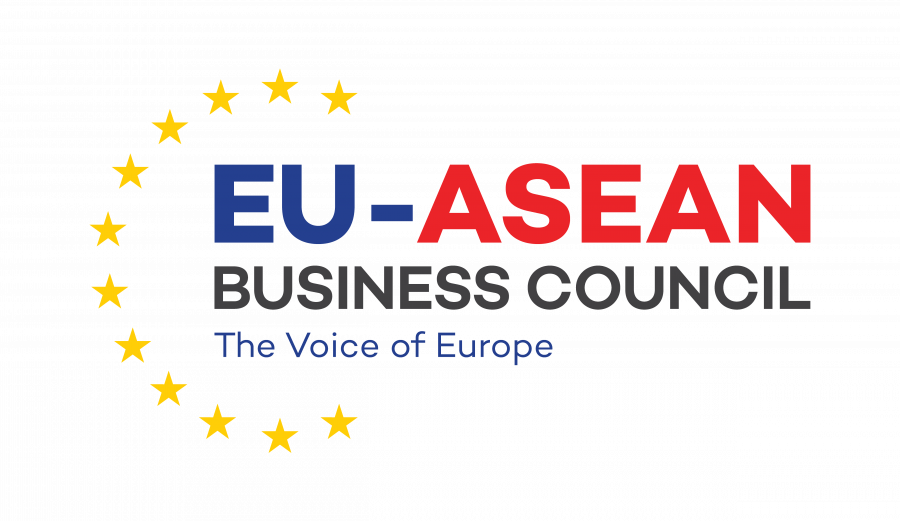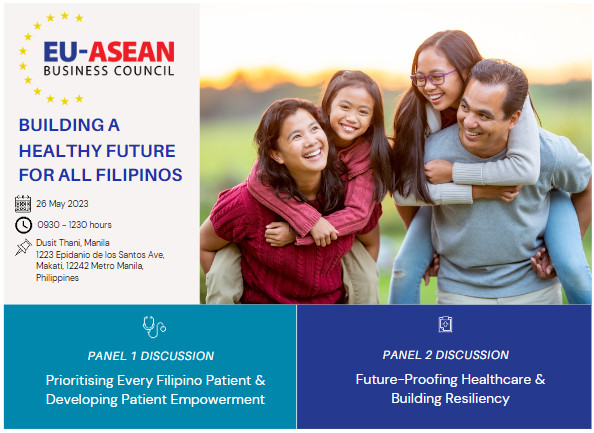The Philippines is still in the early stages of maturing its healthcare systems for more equitable health outcomes. Aligned with the global directive for universal health coverage by the World Health Organisation (WHO), and with the reassurance by President Marcos Jr. that healthcare remains top of the agenda for the Philippine government, the administration remains committed, post-COVID-19, in building a healthy future for its citizens. Cultivating an environment where individuals can make healthy choices and strengthening the ecosystem for healthcare providers are goals outlined in the Philippine Development Plan 2023 – 2028 as well.
Be it through the Universal Healthcare Act or through the sustaining of an effective delivery of essential health services for its people, health leaders of the country must continue to take into consideration the inequalities amongst Filipino patients – geographics, economics, or demographics – to ensure that no Filipino get left behind. This also means factoring in the different needs of individuals across different life stages will be critical. From routine childhood immunisation to managing non-communicable diseases (NCDs), harnessing resiliency in supply chains is crucial for the country’s health system if it is to weather the storms of future health crises. Enablers such as digitalisation and patient-centric accessibility allows for healthcare to adopt a value-based approach to strengthening health systems; developing these building blocks today will prepare Philippines for tomorrow’s healthcare needs.
Strengthening health systems that are resilient to potential pandemic shocks cannot be done from a top-down approach. Deepening public-private collaboration will be key to ensure provision of quality healthcare, including introducing the latest treatment options and medical technologies, integration of health data to ensure continuum of care, streamlining procurement practices to ensure continued supply for vaccines and medicines and uplifting health literacy. In this digital age, patients are empowered to work in close collaboration with medical practitioners to better understand and care for their own health and health needs. As Philippines edges closer to the 2030 deadline to meet UN’s Sustainable Development Goals, it is paramount to adopt a whole-of-society approach to future-proof and finance Philippines’ health system sustainably for a resilient and healthier future for all Filipinos.

